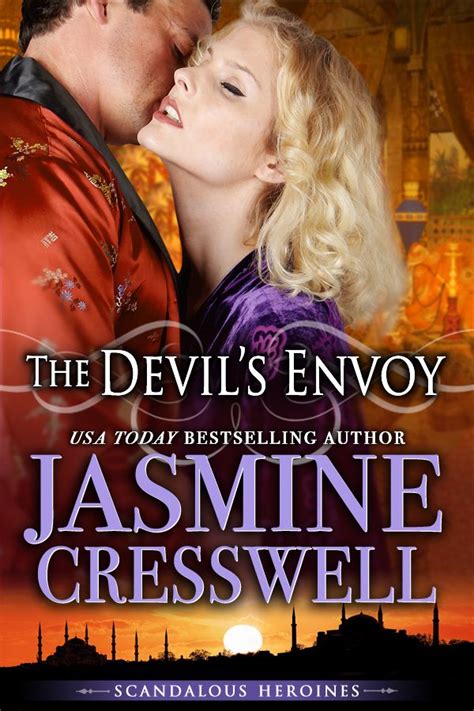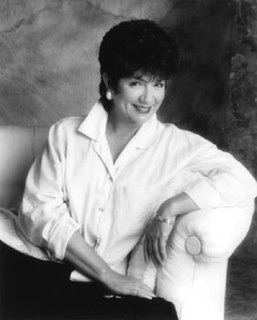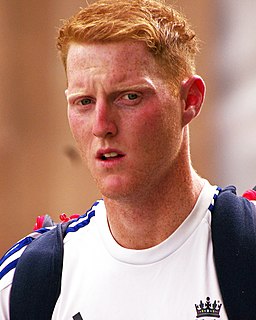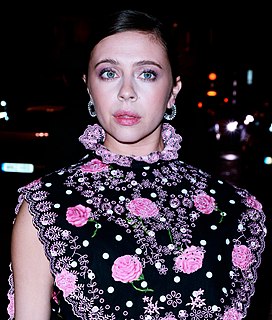A Quote by J. K. Rowling
I had an American journalist say to me, "Is it true you wrote the whole of the first novel on napkins?" I was tempted to say, "On teabags, I used to save them.
Related Quotes
When I wrote my first book, 'The Tennis Party', my overriding concern was that I didn't write the autobiographical first novel. I was so, so determined not to write about a 24-year-old journalist. It was going to have male characters, and middle-aged people, so I could say, 'Look, I'm not just writing about my life, I'm a real author.'
I finished my first novel - it was around 300 pages long - when I was 16. Wrote one more before I got out of high school, then wrote the first Lincoln Perry novel when I was 19. It didn't sell, but I liked the character and I knew the world so I tried what was, in my mind, a sequel. Wrote that when I was 20, and that one made it.
I think the success of every novel - if it's a novel of action - depends on the high spots. The thing to do is to say to yourself, 'Which are my big scenes?' and then get every drop of juice out of them. The principle I always go on in writing a novel is to think of the characters in terms of actors in a play. I say to myself, if a big name were playing this part, and if he found that after a strong first act he had practically nothing to do in the second act, he would walk out. Now, then, can I twist the story so as to give him plenty to do all the way through?
[My wife] liked to collect old encyclopedias from second-hand bookstores, and at one point we had eight of them. When I wrote my first historical novel---back in 1980, before I was online---I used them often as a research tool. For instance, I learned that the Bastille was either 90 feet high or 100 feet or 120 feet. This led me to formulate Wilson's 22nd Law: 'Certitude belongs exclusively to those who only look in one encyclopedia.'
Many writers will get a contract by selling chapters and outlines or something like that. I wrote the entire novel, and when it was all finished, I would give it to my agent and say, 'Well, here's a novel; sell it if you can.' And they would do that, and it was good because I never had anyone looking over my shoulder.
While working on my first five books, I kept wishing I was writing a novel. I thought until you wrote a novel, you weren't taken seriously as a writer. It used to trouble me a lot, but nothing troubles me now, and besides, there has been a change. I think short stories are taken more seriously now than they were.
What is a novel? I say: an invented story. At the same time a story which, though invented has the power to ring true. True to what? True to life as the reader knows life to be or, it may be, feels life to be. And I mean the adult, the grown-up reader. Such a reader has outgrown fairy tales, and we do not want the fantastic and the impossible. So I say to you that a novel must stand up to the adult tests of reality.


































